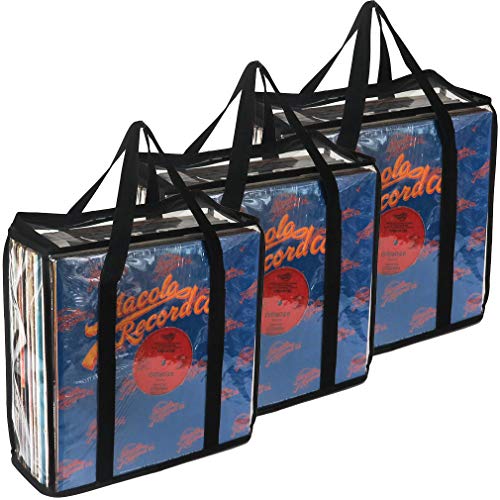Source: http://www.techcentral.co.za/digital-tax-looms/46183/?utm_source=feedburner
National treasury is moving ahead with plans to levy value-added tax on digital goods such as music downloads and digital books, with the controversial new rules set to come into effect on 1 April.
Government this week published electronic services regulations for public comment. This follows finance minister Pravin Gordhan?s announcement in the 2013 budget that all foreign businesses supplying e-books, music and other digital services in South Africa will be required to register as VAT vendors.
In a column published by TechCentral shortly after Gordhan announced national treasury?s plans to introduce the tax on digital services, Gerard Soverall, head of indirect tax at PwC in Gauteng, warned that it would likely affect the pockets of private individuals more than foreign suppliers.
However, Soverall said that the proposals were in line with international trends, such as regulations adopted by the European Union that require such suppliers to register for VAT in the country where consumers reside.
National treasury said this week that Gordhan?s announcement last year was ?made against the backdrop of efforts, both internationally and locally, to bring cross-border e-commerce ? specifically the digital economy ? into the VAT regime?.
?The current application of VAT on imports does not lend itself to the effective enforcement on imported services or e-commerce where no border posts (or parcel delivery agents such as the Post Office) can perform the function as collecting agents, as is the case with physical goods,? it said.
?The net result is that the local consumers can buy imported digital products without paying VAT. This outcome not only places local suppliers of digital services at a competitive disadvantage compared to suppliers from abroad but also results in a loss of revenue for the fiscus.?
National treasury said the VAT legislation was changed to ?bring the digital economy more comprehensively into the VAT net and provides for the minister to issue regulations prescribing imported services that will be covered by the new electronic services definition in the VAT Act?.
?These imported services will include the supply of e-books, e-music, e-films, software, images, games and games of chance, information system services, Internet-based auction services, maintenance services, educational services and the supply of an internet-based auction service facility.?
The draft regulations available on the national treasury website. ? (c) 2014 NewsCentral Media
National treasury is moving ahead with plans to levy value-added tax on digital goods such as music downloads and digital books, with the controversial new rules set to come into effect on 1 April.
Government this week published electronic services regulations for public comment. This follows finance minister Pravin Gordhan?s announcement in the 2013 budget that all foreign businesses supplying e-books, music and other digital services in South Africa will be required to register as VAT vendors.
In a column published by TechCentral shortly after Gordhan announced national treasury?s plans to introduce the tax on digital services, Gerard Soverall, head of indirect tax at PwC in Gauteng, warned that it would likely affect the pockets of private individuals more than foreign suppliers.
However, Soverall said that the proposals were in line with international trends, such as regulations adopted by the European Union that require such suppliers to register for VAT in the country where consumers reside.
National treasury said this week that Gordhan?s announcement last year was ?made against the backdrop of efforts, both internationally and locally, to bring cross-border e-commerce ? specifically the digital economy ? into the VAT regime?.
?The current application of VAT on imports does not lend itself to the effective enforcement on imported services or e-commerce where no border posts (or parcel delivery agents such as the Post Office) can perform the function as collecting agents, as is the case with physical goods,? it said.
?The net result is that the local consumers can buy imported digital products without paying VAT. This outcome not only places local suppliers of digital services at a competitive disadvantage compared to suppliers from abroad but also results in a loss of revenue for the fiscus.?
National treasury said the VAT legislation was changed to ?bring the digital economy more comprehensively into the VAT net and provides for the minister to issue regulations prescribing imported services that will be covered by the new electronic services definition in the VAT Act?.
?These imported services will include the supply of e-books, e-music, e-films, software, images, games and games of chance, information system services, Internet-based auction services, maintenance services, educational services and the supply of an internet-based auction service facility.?
The draft regulations available on the national treasury website. ? (c) 2014 NewsCentral Media

















